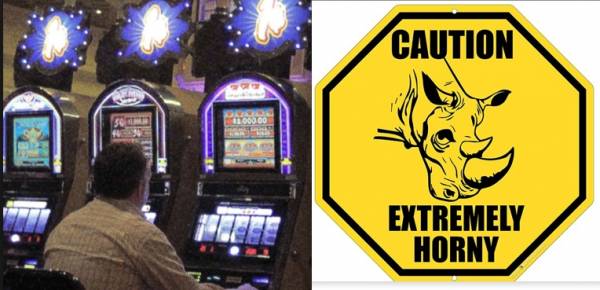Latest Study Shows Parkinson’s Drug Causes Gambling, Hypersexuality

A new study seeks to further show that various Parkinson’s drugs side effects include compulsive gambling and an extreme sexual appetite.
"In our view, these medications should be used less frequently and with great caution, paying close attention to possible untoward effects on behavior and impulse control,” said Dr. Howard D. Weiss of Sinai Hospital of Baltimore and Dr. Gregory M. Pontone of Johns Hopkins University School of Medicine in Baltimore, Maryland, writing in an editorial about the new study.
Some 1580 reports in the United States and other countries filed between the years 2003 and 2012 were examined as part of the study.
The researchers determined that the proportion of such reports was 277.6 times higher for people taking dopamine agonist receptor drugs than those taking other drugs.
Dopamine receptor agonist drugs such as Pramipexole and Ropinirole were two of the drugs shown to cause the adverse side effects of gambling and increased sexual stamina.
"In summary, physicians have overestimated the benefit and underestimated the risks associated with the use of dopamine receptor agonist drugs in patients with Parkinson disease," they wrote.
It is also noted that patients are less likely to divulge these types of side effects, hence the need for further studies.
Weiss and Pontone acknowledge in their research: "During an office visit, a patient is unlikely to spontaneously mention, 'By the way, doctor, I lost $250,000 in casinos last year, and I purchase $500 of lottery tickets every week' or 'I spend all night on Internet pornography sites and am soliciting prostitutes.”
University of Pennsylvania researchers have uncovered similar connections between Parkinson’s drugs and compulsive behavior.
Their study, with findings published back in January of this year, focused on the drug levodopa.
"We've known for some time that these behaviours are more common in people taking certain Parkinson's medications, but we haven't known if the disease itself leads to an increased risk of these behaviours," said study author Dr Daniel Weintraub.
"These results provide further evidence that impulse control disorders that occur in people with Parkinson's disease are related to the exposure to the dopamine-related drugs, not just the disease itself," he said.
"More long-term studies are needed to determine if the 20 per cent of people who have some symptoms of these disorders are more likely to develop impulse control disorders once they start treatment for Parkinson's."
- Jagajeet Chiba, Gambling911.com














